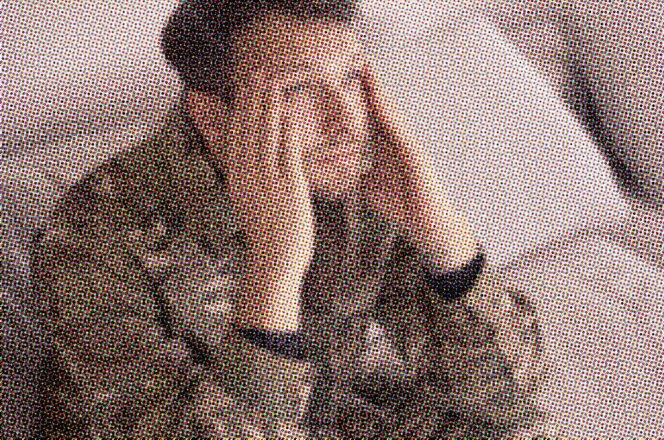The Twelve Steps give members a sense of spirituality, not religiosity. The members stress that there is a very large difference between the two.
Cravings are a natural part of the recovery process. Relapse is something that is expected. The point is to get back "on the wagon" and continue working the Twelve Steps. There is no race to complete the Twelve Steps. One could remain on Step One or any other step for years. It is the journey not the destination that is important to reclaim your mental, emotional and physical health.
Given that a stigma is attached to being labeled an alcoholic and or drug abuser, many who suffer are deterred from getting treatment and joining the program. Those who are critical of the afflicted should remember that alcoholism or drug addiction is a disease. It affects all socioeconomic levels of society. It does not discriminate. When someone who is pursuing help is judged, a great disservice is done to them. Being an alcoholic or drug user has nothing to do with your character, strength, or will. It is a progressive disease.
Many alcoholics/ addicts suffer from low self-esteem. At the meeting, certain members spoke of themselves in a deprecating manner. One man said that he did not like himself. One of the members told me that: "A.A. takes a negative personality and transforms it into a positive personality."
Alcoholics/addicts have depended on alcohol and drugs to feel better about themselves, but the relief is illusory and fleeting and the cost high – not only in money but in self-esteem and physical health. With A.A. the alcoholic is given a chance to slowly, day by day, learn new ways to lead a more fulfilling life.
They now use the program and a Higher Power to lead them to a life filled with self-awareness and fulfillment. They see others changing through the program and that gives them role models to follow as they rebuild their lives.
Still, with all of this support, the road to recovery is not an easy one. All of the members are aware that the process of recovery will never be finished. This is a
lifetime commitment. One of the members poetically said, "I will always be an alcoholic, but I will not always be a drunk." The belief that there is no cure for alcoholism resonat
ed loud and clear. This was a day-to-day battle that would be won with perseverance and support from other members in A.A. Sharing is the key to the program. You can be in the program 26 days, months, or years, but the basics
never change. There is an implicit recognition that recovery from alcohol addiction depends upon the ability to share feelings and weaknesses with others, especially those who have been successful in achieving sobriety. No one has a better understanding of this disease than someone who has been afflicted by it.

"Through A.A., alcoholics recover their "self" and their connection to a Higher Power. They realize that they are not alone since they are a part of a larger group or community of those who have suffered from the same addiction. They learn to take care of themselves and to make a commitment to a group that rebuilds their sense of self and their sense of being connected to a beneficent source."
A.A. encourages members to ask someone within A.A. to be his or her "sponsor," someone who can answer questions and confidentially support the person on a regular basis, in addition to the support received in group meetings. As recovering alcoholics themselves, sponsors can offer immense empathy for the persons they sponsor.
As a result of one or more traumatic experiences, a healthy individual can develop maladaptive behaviors. Trauma is an experience that produces thoughts, emotions, and behaviors that were not present before the trauma occurred.
Through A.A., alcoholics recover their "self" and their connection to a Higher Power. They realize that they are not alone since they are a part of a larger group or community of those who have suffered from the same addiction. They learn to take care of themselves and to make a commitment to a group that rebuilds their sense of self and their sense of being connected to a beneficent source. They become centered on this power instead of on alcohol or drugs. The power that is unseen becomes their strength. Before, they turned to alcohol to feel "better." Now they have a Higher Power within the group and within themselves. They heal the shame that they had acquired through their maladaptive behavior. All of the members were on the path to building a solid self-identity. All were at different stages on that journey, but the